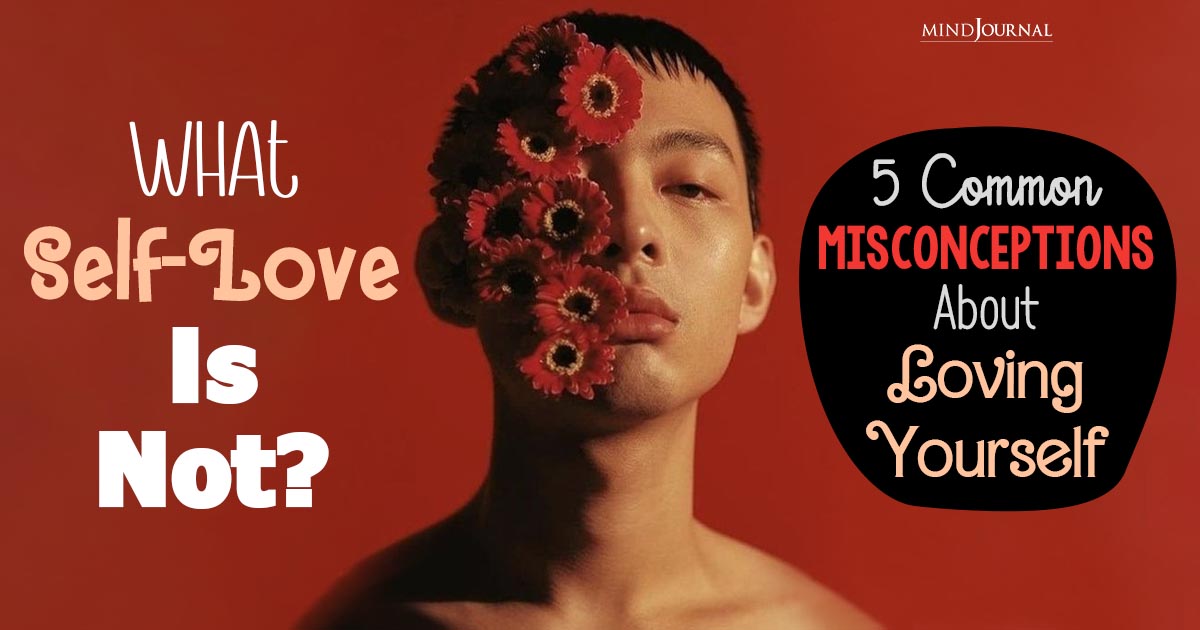Living a fulfilling and purposeful life is one of the most underrated mindsets and skills to have. But what are the best ways you can go about finding fulfillment in life? Let’s find out, shall we?
Søren Kierkegaard, a Danish philosopher, theologian, and poet is considered by many to be the father of existentialism.
His work focuses on individual experience and the importance of personal choice and commitment, and his philosophy offers insights into living authentically and finding fulfillment amidst the distractions and pressures of the modern world.
In the course of Kierkegaard’s writings, instructive themes emerge for how to navigate life’s complexities with integrity and purpose. Here are four.
Related: 9 Life Lessons from Confucius
4 Ways to Find Greater Fulfillment in Life
1. Cultivate Self-Awareness and Introspection
Kierkegaard emphasized the importance of self-awareness and introspection as foundational to understanding one’s own existence and making authentic choices.
He argued that true self-knowledge requires a deep and honest examination of one’s thoughts, feelings, and motivations, involving questioning assumptions and beliefs inherited from culture and upbringing, a theme echoed in his fascination with Socratic self-knowledge.
In early autobiographical reflections, Kierkegaard acknowledged an enjoyment of attention and recognition as a personal weakness, exemplifying the kind of self-scrutiny he advocated. In The Sickness Unto Death, he explored despair as arising from a lack of self-awareness and the failure to live up to one’s own ideals.
Kierkegaard’s struggle with melancholy and sharp self-critique is evident in his journals and correspondences, where he often reflected on his own shortcomings and the nature of existence.
Introspection following his broken engagement with Regine Olsen contributed to many of his profound insights about the self and its complexities. Elsewhere, he examined the role of self-awareness in authenticity.

2. Embrace Uncertainty and Ambiguity
Kierkegaard’s philosophy also challenges us to embrace uncertainty and ambiguity. He contended that life’s complexities cannot be reduced to simple answers or solutions. Instead, we should be willing to live with paradox and contradiction, remaining open to new ideas and perspectives.
This openness requires a willingness to change our minds in the face of new information, a stance that stands in contrast to the search for absolute certainty.
Kierkegaard critiqued a purely aesthetic or contemplative conception of self-knowledge and emphasized the importance of engaging with life’s uncertainties actively and responsibly.
Kierkegaard employed a writing technique he called “indirect communication” to illustrate the complexity of existence and the limitations of direct knowledge. He did so in several ways, especially by publishing writings in which fictitious authors engaged in dialectical dialogue, each representing distinct perspectives and worldviews.
He also used irony and paradox to provoke readers to think beyond surface-level understanding. And he used a technique he called “double reflection” in which he presented ideas in a way that required readers to reflect not only on the content of the text but also on their own existence and relationship to the ideas presented.
Kierkegaard often refused to conform to societal expectations, as seen in his critique of the established church and resistance to an academic career.
He challenged prevailing views of his time, advocating for a personal leap of faith rather than adherence to systematic or institutionalized belief systems.
Related: 7 Tips For Living A Happy Life
3. Take Responsibility for Your Life and Choices
A central tenet of Kierkegaard’s philosophy is the imperative to take responsibility for one’s own life and choices. He argued that individuals cannot blame their circumstances or external factors for their problems.
Instead, they must own their thoughts and actions, acknowledging their weaknesses and flaws. This process of self-improvement and growth is essential for overcoming despair and achieving a state of self-acceptance.
Kierkegaard’s emphasis on the teleological view of the self and the quest for narrative unity highlights the ongoing nature of this responsibility.
Kierkegaard’s insistence on personal responsibility was a recurring theme in his work. He believed that individuals must take responsibility for their own existence, choices, and the meaning they ascribe to their lives.
One might contend that his decision to pursue a writing career over a more conventional path was a kind of existential reflection of this theme. His works, including Either/Or and The Concept of Anxiety, explore the necessity of making choices and the ethical implications of those choices.
4. Accept Your Own Mortality
Finally, Kierkegaard urges us to embrace our own mortality, recognizing that life is fleeting and impermanent. Accepting the uncertainty of life and the inevitability of death can lead to a sense of peace and contentment that transcends fears and anxieties.
This acceptance encourages living in the present moment, fully engaging with the richness of life’s experiences.
Kierkegaard’s perspective on faith and the presence of God deeply shaped his conception of acceptance, as he suggested that a deeper sense of purpose and meaning can be found in our utter dependence upon God.
Kierkegaard’s reflections on the finite nature of existence are central to his thought. In Concluding Unscientific Postscript, he discussed the significance of an individual’s subjective relationship to truth, including an awareness of mortality.
Kierkegaard’s health issues and early deaths in his family, including of his father and several siblings, influenced his preoccupation with mortality and the urgency of living authentically.
Related: What Is Eudaimonia? Why It Is Much Better Than Happiness
Kierkegaard’s personal experiences with loss and contemplations of death are reflected in his philosophical works, where he emphasized the importance of living in the present and making meaningful choices in the face of life’s transience.
Kierkegaard’s philosophy remains profoundly relevant, providing valuable insights into the human condition.
References:
Kierkegaard, S. (1941). The sickness unto death. Princeton, NJ: Princeton University Press.
Kierkegaard, S. (1959). Either/or: A fragment of life (Vols. 1-2). Princeton, NJ: Princeton University Press.
Kierkegaard, S. (1980). The concept of anxiety: A simple psychologically orienting deliberation on the dogmatic issue of hereditary sin (R. Thomte, Trans.). Princeton, NJ: Princeton University Press.
Kierkegaard, S. (1846). Concluding unscientific postscript. Princeton, NJ: Princeton University Press.
Copyright @ Blake Griffin Edwards
Written By Blake Griffin Edwards This article was also published at Psychology Today










Leave a Reply